We don’t really do operetta in Britain these days — and at this stage in the game, I don’t really need to tell you why, do I? We’re simply too philistine in these benighted islands, goes the argument; too coarse, too provincial, too clodhoppingly Anglo-Saxon ever to grasp the ineffable lightness and sophisticated wit of Offenbach, Lehar and Strauss. So anyway, here’s Offenbach’s Croquefer, or The Last of the Paladins: a one-act comedy set in the time of the Crusades, which climaxes with the leading characters belting out a stormy ensemble as they succumb to a collective attack of explosive diarrhoea. Basses heave; the brass section emits ripe, flatulent parps. There’s your Gallic sophistication for you, right there.
This is no directorial intervention. Opera della Luna’s Jeff Clarke hasn’t suddenly come over all Calixto Bieito on us. It’s written into Jaime and Tréfeu’s libretto, it’s composed into Offenbach’s score; and in Clarke’s production it’s handled head-on, complete with the armless, legless and tongueless ‘dismembered knight’ Rattlebone yowling wordlessly along — as Offenbach specifies and as the Parisian censors of 1857, who wouldn’t allow more than four speaking parts on stage, insisted. That quirk of operatic history also provides the basis for the show’s self-referential final joke. I won’t give it away, in case Opera della Luna ever revives this brilliant little double bill. Let’s just say that, once again, it’s no directorial gimmick, but (as it turns out) an accurate and imaginative updating of what the composer and librettist specified. And that the audience at Wilton’s Music Hall laughed and laughed and laughed. Clearly, we’re incorrigible.
Equally clearly, though, Clarke and his entire company have pitched Croquefer and its only marginally less silly companion piece The Isle of Tulipatan exactly right. Opera della Luna specialises in comic opera, and they understand that it doesn’t do to be too precious about it. Terry Gilliam-ish cartoon clouds hang above the stage for both Croquefer and The Isle of Tulipatan, and if a Monty Python atmosphere was more obviously suited to the first piece than the second, they set the mood throughout for something unreal and distinctly daft.
There’s a sparky nine-piece orchestra, complete with multitasking percussionist and an upright piano for that authentic music-hall sound. Not quite what Offenbach specified, but under conductor Toby Purser, it’s quick on its feet and faithful to the spirit of these pieces as low-budget popular entertainment. The cast struck me as precisely the sort of versatile repertory team Offenbach must have had in mind — five singers with light, attractive voices that can deliver full-scale operatic power when required. Crucially (and this is where operetta productions usually fall down), they’re also terrific in the spoken dialogue, romping all over Clarke’s bright and witty translation.
They act like a real ensemble, too, and one of the joys of the evening was seeing them switch characters between the two shows. Carl Sanderson, lugubrious as the doleful crusader Croquefer, became the bufferish old stick Rhomboid in The Isle of Tulipatan, while Lynsey Docherty, a feisty Princess Peasblossom in Croquefer, was an airheaded Ab-Fab lush after the interval. Paul Featherstone, meanwhile, having gurned and shambled about as Rattlebone in Croquefer, sashayed on as Duke Cacatois in The Isle like Austin Powers channelling Sir Roy Strong: velvet suit, ruffled shirt, Noel Coward-ish tenor and an ability to maintain an unflappable languor even while his big number was repeatedly interrupted by honking great duck quacks from the orchestra.
That got a lot of laughs, as did Anthony Flaum’s bravura drum solo on a collection of upturned buckets and cans. The fact that the strapping Flaum was wearing a bubblegum-pink frock (The Isle of Tulipatan’s plot, if you can call it that, concerns a boy dressed as a girl and a girl dressed as a boy) only added to the air of sheer goofiness — especially coming after his cockney-Heldentenor turn as the knight Headstrong in Croquefer. The evening’s strengths had a way of reinforcing each other like that. After trilling crazily away as the Baldrick-like squire Fireball at the end of Croquefer, Caroline Kennedy cut a surprisingly sweet and fragile figure as Alexis, the princess raised as a prince in The Isle of Tulipatan.
Clarke knows that the logic of farce has to be kept watertight, and he respects Offenbach too much to try and inject anything like realism into these glittering squibs. But there was just enough vulnerability about Kennedy’s performance — enough of a suggestion of pathos — to lift the whole thing out of two dimensions and make you realise why Rossini called Offenbach ‘the Mozart of the Champs-Élysées’. It’s rare to see artistic means matched quite so perfectly to dramatic ends, and even rarer for it to be this much fun.
The post My idea of fun appeared first on The Spectator.
Got something to add? Join the discussion and comment below.
Get 10 issues for just $10
Subscribe to The Spectator Australia today for the next 10 magazine issues, plus full online access, for just $10.
You might disagree with half of it, but you’ll enjoy reading all of it. Try your first month for free, then just $2 a week for the remainder of your first year.

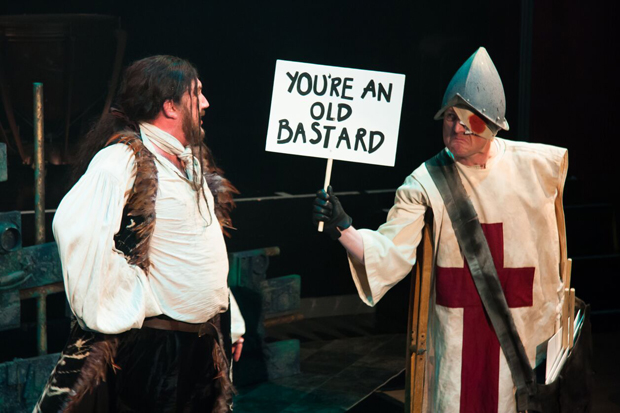
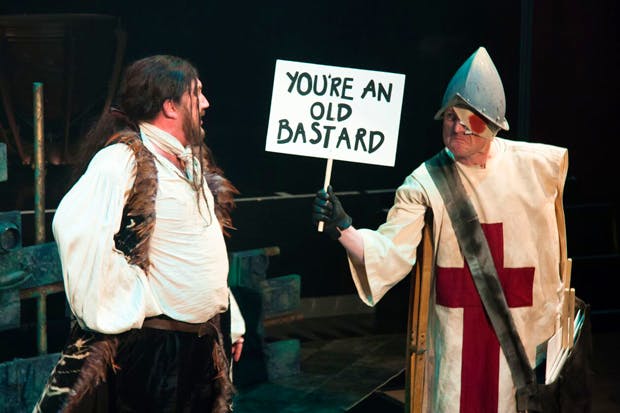
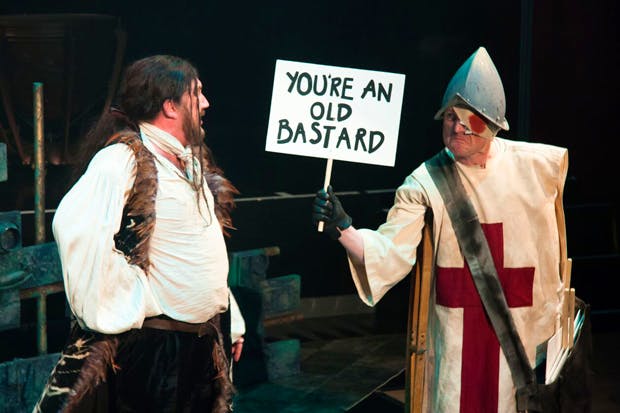
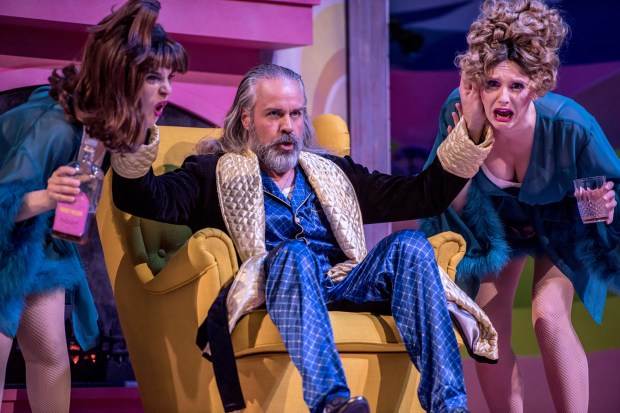
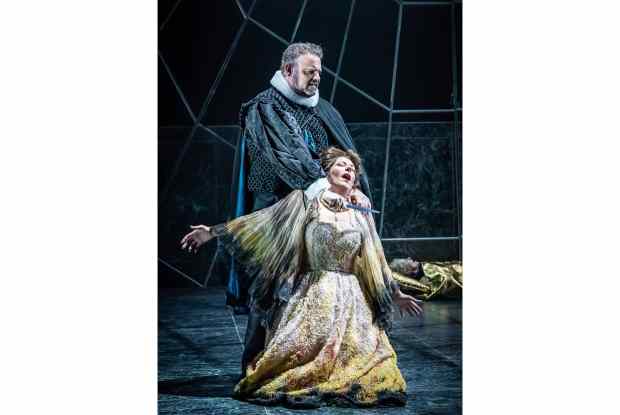

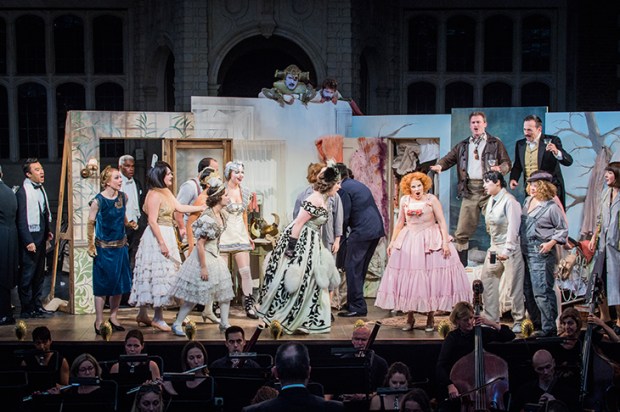






Comments
Don't miss out
Join the conversation with other Spectator Australia readers. Subscribe to leave a comment.
SUBSCRIBEAlready a subscriber? Log in